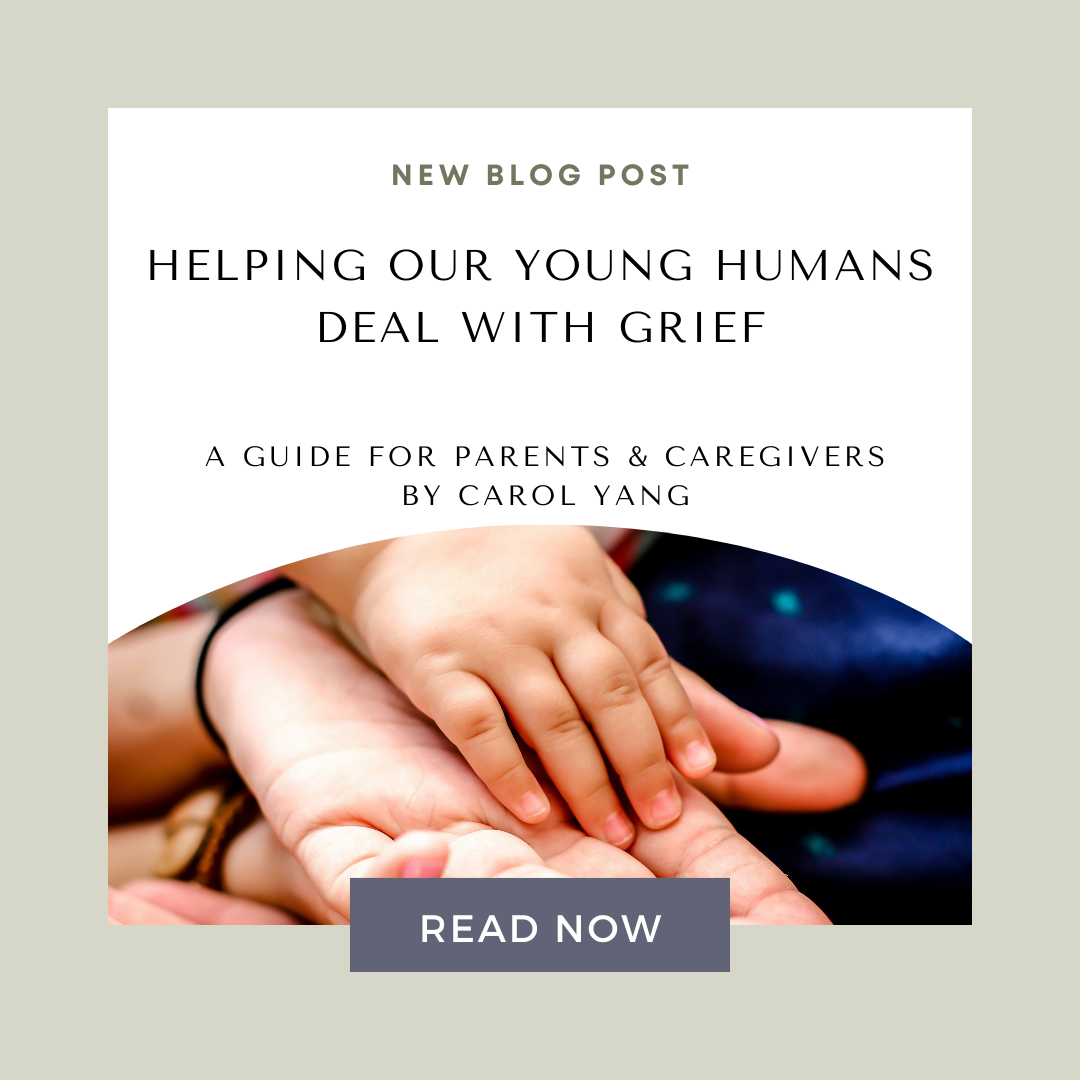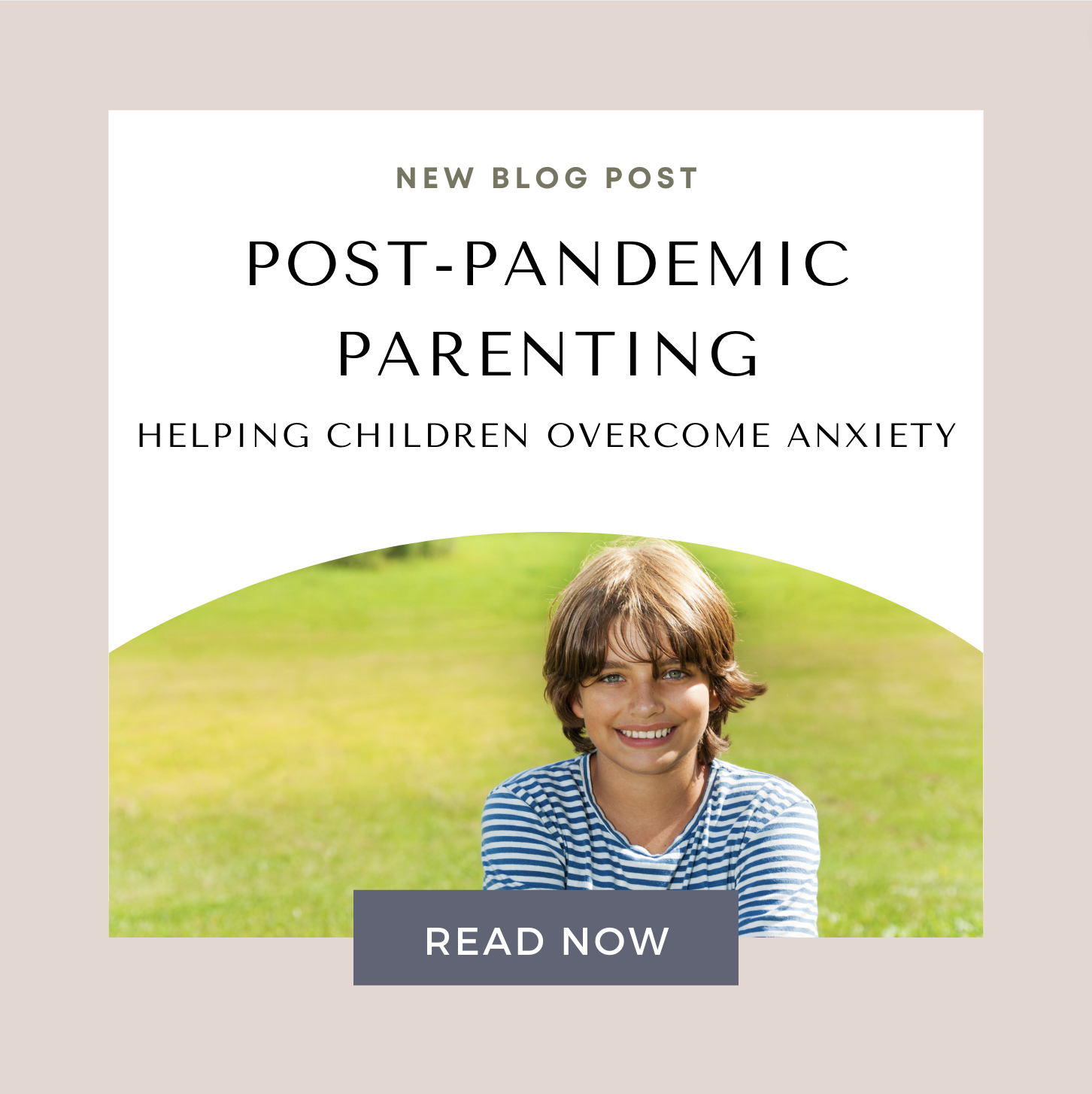Post-Pandemic Parenting: Helping Children Overcome Anxiety
The New Normal Post-Covid-19
The Covid-19 pandemic has subsided, and life is gradually returning to what we once knew as normal.
“What is normal?” you might even ask.
This transition raises questions about the true definition of 'normal' and whether children can seamlessly return to their pre-pandemic routines with ease.
Identifying Struggles in Children
In an ideal world, children would effortlessly go back to school, manage their daily routines, face everyday challenges and happily socialise. However, many children are showing signs of struggle, such as anxiety about attending school, difficulties in connecting with peers, or challenges in establishing evening routines like independent sleeping. Perhaps you notice some of these challenges in your child’s life. This might raise questions for you. It's essential for parents to recognise these struggles and determine how best to guide their children in developing into confident and competent individuals.
The Pandemic's Psychological Aftermath
During the pandemic, the world’s collective mood rapidly shifted to an energy of fear and uncertainty, with many people pondering over future-centric questions such as "What now?" and "What if..."
This situation led to an excessive focus on future uncertainties, often at the expense of the present moment. Perhaps many of us were already engaging in this kind of future-oriented way of thinking before the pandemic, but chances are that for many of us, the pandemic truly unleashed the human ability to be (too) focused on the future, while forgetting about the present moment.
Understanding and Managing Anxiety
Anxiety often arises from a fixation on the past or the future, characterised by thoughts like "If only I could..." or "What would happen if..." To counter this, focusing on the present moment can be significantly beneficial. For instance, a teenager anxious about an upcoming exam can shift her focus to preparing in the present moment, thus reducing anxiety and gaining a sense of control.
This concept of present-moment thinking is applicable across various age groups. An 8-year-old who fears failure in school projects or a 10-year-old who experienced trauma, such as getting stuck in an elevator, can both benefit from this approach to manage their fears and anxieties.
Empowerment Through Learning: A Mini Parenting Course
Parents seeking to understand and address anxiety in their children can benefit from a 4-Part Mini Parenting Course on Anxiety. This course, designed to provide insights into managing anxiety, includes weekly informational content and reflective exercises. This will give you vital insight on anxiety, and challenge you to reflect on your own understanding of anxiety and how it has shown up in your personal life, but also in the way you parent. Participants will also have the opportunity for a complimentary 20-minute session with Counselling Psychologist Megan Stapelberg, offering further understanding and personalised advice.































